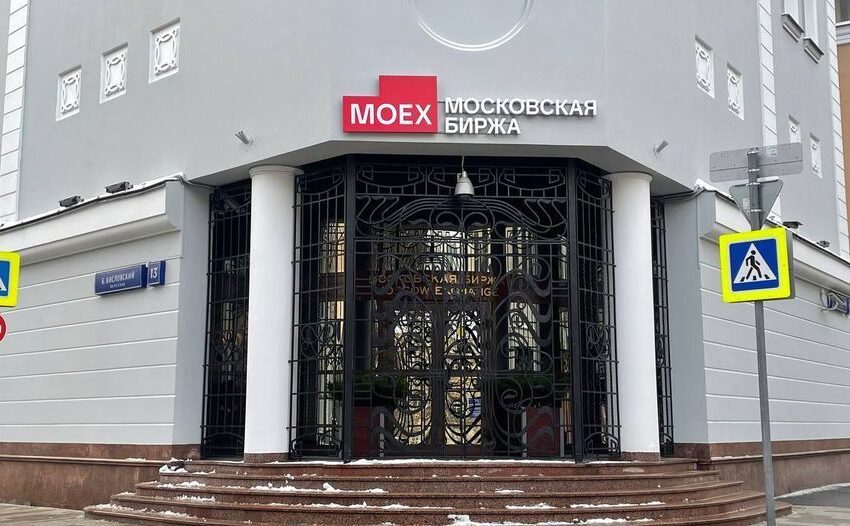
Russia’s Investment Flow Up Despite War with Ukraine
The investment climate in a country engaged in a war for more than two should worsen but it is the other way round for Moscow Exchange, as the sanctions from the West did not deter the businesses to invest and trade in the bourse.
Companies were reluctant to invest in Russia on the ground that the investment climate was not encouraging, frequent interference from the authorities as well as an unpredictable taxation policy of the government.
However, things have changed after Russia invaded Ukraine in February 2022 as capital expenditure in the construction sector among other areas touched $3,49,56,99,80,000, the highest in the last 12 years, which was almost 10% more than in 2022.
The Russian companies have invested $6,06,48,000, 395, In the first three months of this year, an increase of 14.5% year-on-year.
According to the Centre for Macroeconomic Analysis and Short-term Forecasting (CMASF), an independent non-profit research organisation specializing in the analysis of macroeconomic processes in Russia, fuel and energy sectors attracted the maximum investment besides real estate in 2022 and 2023.
These three sectors account for 12.4% of the 17.1% investment growth during the last two years respectively. The bad news, however, is the total foreign investment, which accounted for 0.4% in 2021 and within two years (by 2023), it fell to 0.1%, the lowest level for more than a decade.
After the US-led nations imposed fresh sanctions in June this year, Kazakhstan stock exchange, which 13.1% shares in the Moscow bourse announced that it was withdrawing from the Moscow Exchange and one out of 10 foreign investors have decided to leave Russia.
The Q2-2024 data from the Central Bank of the Russian Federation showed that the assets in non-resident accounts with Russian brokers fell by 9.6%, (approx. $1.9 billion) – up to (approx. $18.3 billion).
A significant decline in assets occurs on the accounts of brokers’ clients from international offshore zones (Virgin Islands, Panama and Belize), as well as in the countries that neighbour Russia. Thus, customer assets in Azerbaijan declined by 65%, Uzbekistan by 30%, and Kazakhstan by 20%, the data showed.
Opportunity for GCC Firms
At the same time, GCC companies are keen to fill the void created by the exit of foreign companies in Moscow Exchange.
One such entity is the UAE investment company Fundament Capital Investment Management became the owner of 6.86% of the shares in Moscow Exchange, and the latter said that the company received direct control of 156,177,798 shares in the period to September 30.
The stake held by American State Street Bank and Trust Company decreased from 5.26% to 2%. The main shareholders of Moscow Exchange are now the Central Bank of Russian Federation (11.78%), Sberbank (10%), Vnesheconombank (9.4%) and the European Bank for Reconstruction and Development (5.29%).















